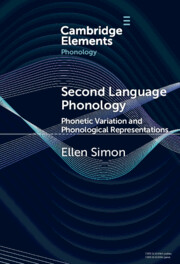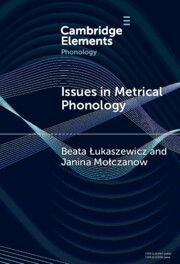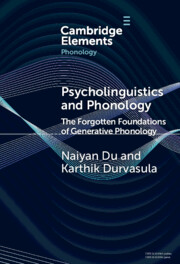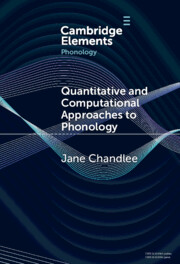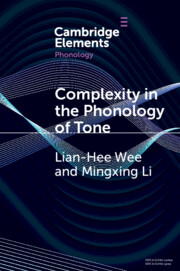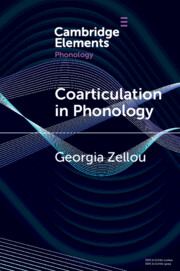About the series
Cambridge Elements in Phonology is an innovative series that presents a current and thorough state of the field of Phonology. Driven by questions of what constitutes phonological knowledge, spanning the phoneme to features and representations to rules and constraints, phonologists continue to explore these concepts in an ever-growing body of newly described and typologically diverse languages.
Phonological research has increasingly drawn insights from studies of phonetics, psychology, discourse, acquisition, and identity (among other factors). Advancements in computational and statistical tools have enabled a range of new kinds of methodologies to identify patterns that would not emerge in the methodology of nascent phonological analysis.
The series contains Elements in four conceptual domains. One set of contributions focuses on theoretical foundations of phonological research, covering the roots of the field, the emergence of representaitonal frameworks, typological analysis, and contemporary quantitative approaches. A second set covers a range of phonological phenomena, such as harmony, tone, stress, and segmental alternations, while the third set focuses on groups of languages (areal and familial) with notable phonological characteristics. The last set deals with interplay between phonology and other domains of linguistic analysis, such as phonetics, acquisition, sociolinguistics, language contact, and documentation.
This series will comprise original submissions that demonstrate the growth and trajectory in the field and its advancements in theory and methods.
